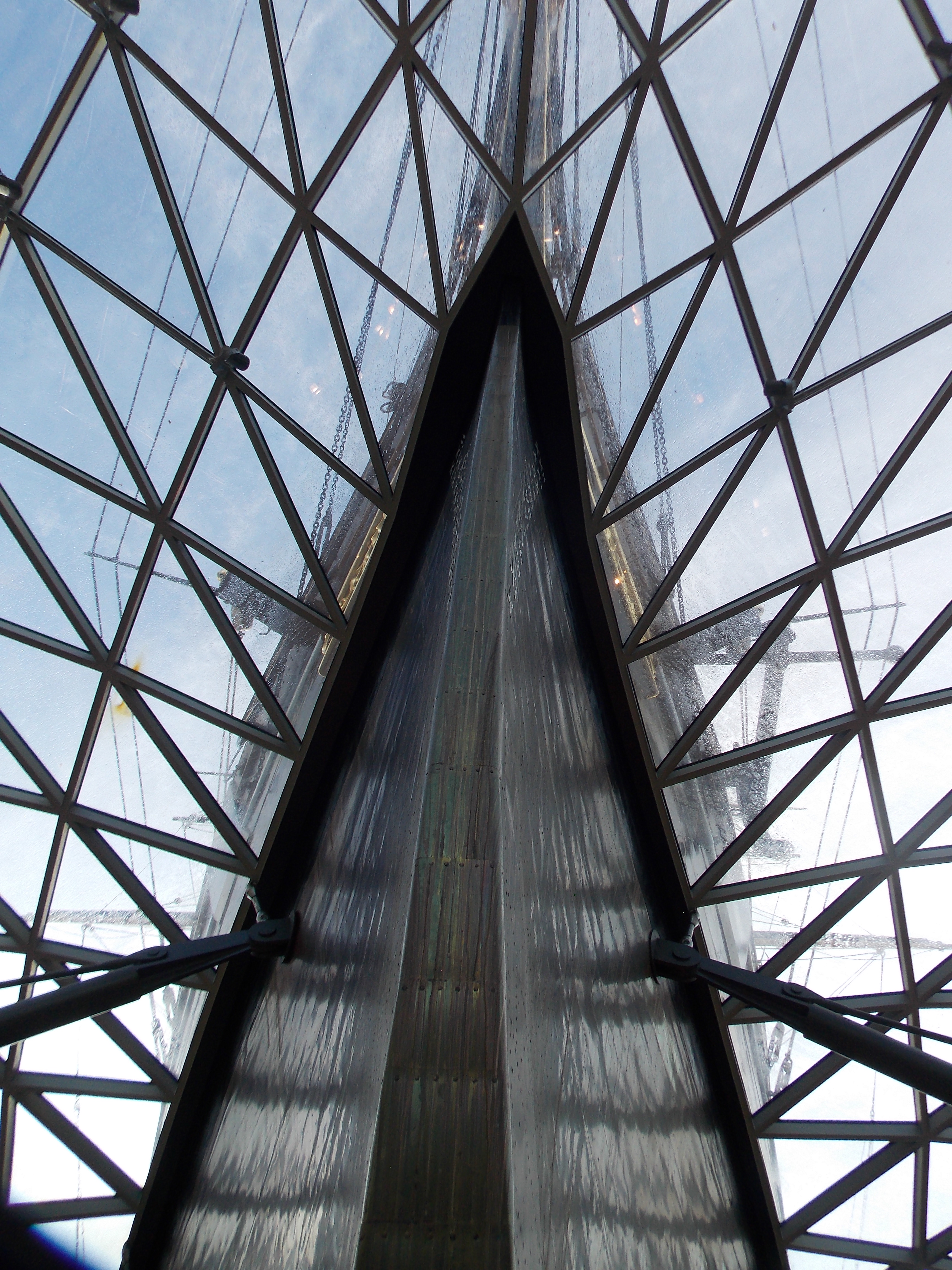
Crafted by a potter named M Sivasamy, this clay pot was designed to help keep produce cool for days.
He made a cylindrical pot made out of clay with a tap on one side and an outlet to pour water on the other side. A smaller pot fits inside the bigger one where you can place your vegetables which is then covered with a lid. The technology is simple — the water in the pot remains cool keeping the vegetables fresh and cool. - BetterIndia
For places with no or limited electricity, this could help immensely. Especially considering terracotta(earthenware) clay is almost used worldwide.
More Info:


So they discovered cooling by evaporation?
Short version: yes
Long version: also yes and then added functionality to make better use of it.
Not just evaporation, this is indirect heat transfer without electricity. Simple, cheap, foolproof, renewable.
Little pot containing fresh vegetables inside the big pot, pour cold water inside the big pot, after a day or two, you can pour the warmer water out and put new cold water in.
Insulation of the clay keeps the water cold, hence the vegetables cold, and all you need is any source of cool water.
It’s a really good idea in an energy deprived environment.
This is evaprotive cooling tech. These things have existed for 1000s of years. They are called zeer pots.
The water evaporates through the outter clay pot and the latent heat of vaporization causes the water to cool drastically. Same exact principle as an air-conditioning unit, but it’s not a closed system, so you have to add more water. And waters energy from vaporization isn’t as good as a refrigerant. And it’ll only work well in a dry environment.
Close to a zeer pot in construction but with modifications, like the functional difference between a broom and a mop.
Those are the conditions a zeer pot is meant to work in, although this fridge’s indirect cooling and lid rather than the pure evaporation of a zeer pot makes his invention useful in all climates rather than only dry conditions.
As for not being a closed system, that is the point of this invention: to have a simply refilled, working refrigerator with zero energy.
“direct heat transfer” would require submitting the vegetables directly in the cold water since the air around the food is a terrible heat conductor. And the carefully cooled air gets replaced partially once you open the lid.
Good point. Indirect heat transfer; fixed.
Chilling the vegetables isn’t about the cooled air, it’s about the veggies in the clay pots cooled down directly by cool water.
No, they’ve been doing it for some time, western media has only just discovered it.
the source is an indian media charity, what do you mean?
I was replying to dbx12 - they are implying that this method has only just been discovered. It’s been known for hundreds of years, these articles are gaining traction in western media as if its a new discovery and we should applaud how clever the locals are.
Fair enough though, this article wasn’t, but my point stands.
I think this type of cooling is known in the western world as well for long time. Usually in the form of unglazed terracotta jugs for cooling drinking water. It just turned out refrigerators are way better and faster at it, so the good ol’ jug went into the museum.
I mean swamp coolers have been used just about everywhere so if media is making it out as new at all they kinda just haven’t done their research lol
Exactly.